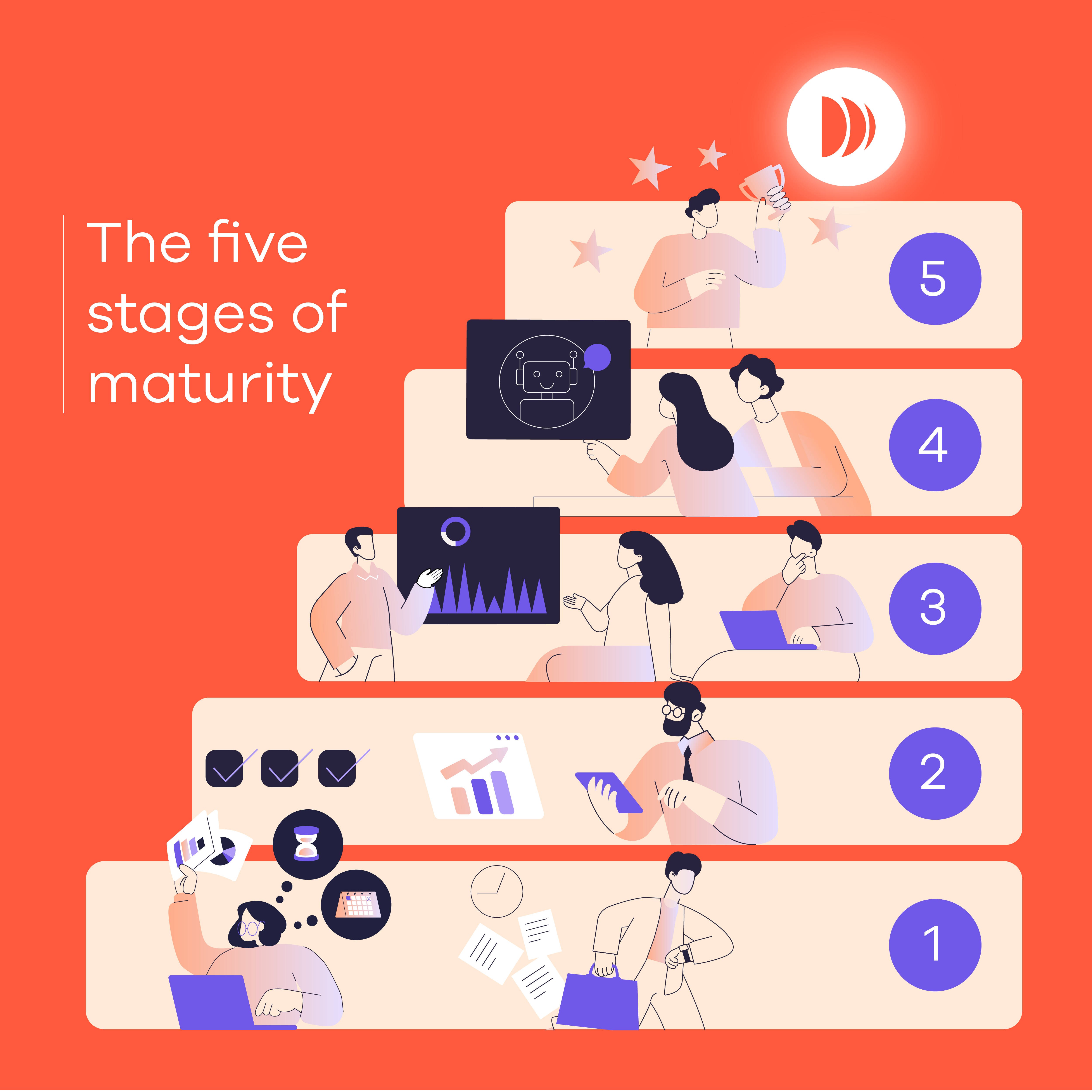Request a Dayshape demo
Get in touch and learn first-hand how Dayshape can help boost profitability, improve client service, and keep your teams happy.
Platform
Strategic resource management
Optimize margins. Grow revenue.
Plan reliably. Act confidently.
Inspire teams. Delight clients.
Enterprise scalability
Use Cases
How Dayshape helps firms
10 ways for resource managers to elevate their impact

Elevate your role, expand your influence, and drive impact across your firm.
Listen nowCustomer Success
Value at every stage
Company
More about Dayshape
Resources
Learn more
Resources
Featured resources
Resource Management Maturity

The complete blueprint to transform your resource management.
Learn more5 min read

A recent report by The Daily Telegraph revealed that of the largest UK accounting firms, Deloitte has only one Black equity partner, while EY and KPMG have two each, and PwC six.
Accountancy is not the industry with the worst diversity problem, but when only 11 of the Big Four’s 3,000 UK partners are Black, there is clearly a ways to go. Each firm has pledged to quicken the pace of change, and has released a detailed breakdown of their efforts: Deloitte, PwC, EY, KPMG.
These figures support what Boston Consulting Group told the World Economic Forum last year: corporate diversity programmes aren't working. Companies are pessimistic about their chances of improving on these lousy results.
The Big Four have renewed their pledges to increase their proportion of Black, Asian, and minority ethnic partners (BAME) as their resource scheduling functions face mounting scrutiny. PwC has said it will introduce mandatory unconscious bias training for all staff, while EY intends to double its number of BAME partners by 2025.

These promises align with the traditional thinking amongst leadership teams that recruiting is the biggest obstacle to a more diverse workforce. But unfortunately, it’s not that simple.
Hiring people from diverse backgrounds is relatively easy compared with addressing the deep-rooted cultural and organizational issues that those groups then face in the accounting environment.
According to ICAEW research, it’s the day-to-day biases that stop BAME individuals from sticking around at organizations and rising through the ranks, and it is no coincidence that accountancy also has one of the highest turnover rates of any industry, with churn particularly high amongst new starters.
Retention and advancement are two systemic barriers that can’t be fixed with quotas, and go to the heart of why the profession has found itself with this problem.
Anyone who’s worked in accounting knows there’s no shortcut to the top: it’s a demanding career, and only a small percent will make partner.
Project and budget overruns are all too common in an era of hyper-competitiveness, and as a result, the search for extra hands to execute large and complex jobs is often fast and shallow. Senior staff under immense time and financial pressure often take the easiest route and dip into their closest contacts for help, which, given the historical make-up of the profession, tends to be the usual suspects who are known and familiar quantities.

It’s no longer solely a compliance issue to ensure a workplace is more diverse, but a necessity to represent the increasingly multicultural corporate world around us, and to improve profitability and performance.
Research shows a truly multicultural workforce is more productive, with lower rates of absenteeism. It’s clear that firms which are more diverse and inclusive perform stronger in the market, are generally more innovative, and have a better reputation in the eyes of clients and the public.
The good news is accountancy has acknowledged this and is actively embracing new solutions that will enable it to become the true agent of change it wants to be in the world, hopefully consigning the embarrassing statistics and negative headlines to history.
Leaders are now pushing to improve inclusion through technologies which can help reveal the hidden gems in their teams who may have been previously overlooked by the time-pressures and budgeting worries that can lead to managerial blind-spots.
Firms who use technology to remove bias from project planning understand that doing so promotes inclusion and brings different ideas to the business, helping the company connect with all kinds of markets and giving them a competitive advantage. And may even help towards solving the diversity problem in Accounting. Never has the maxim been truer that a happy workplace is a productive one.
Get the latest insights and updates delivered to your inbox weekly.
Explore our latest insights and strategies for success.

4 min read

10 min read

4 min read
Discover how AI can transform your resource management and enhance your project delivery.

Get in touch and learn first-hand how Dayshape can help boost profitability, improve client service, and keep your teams happy.